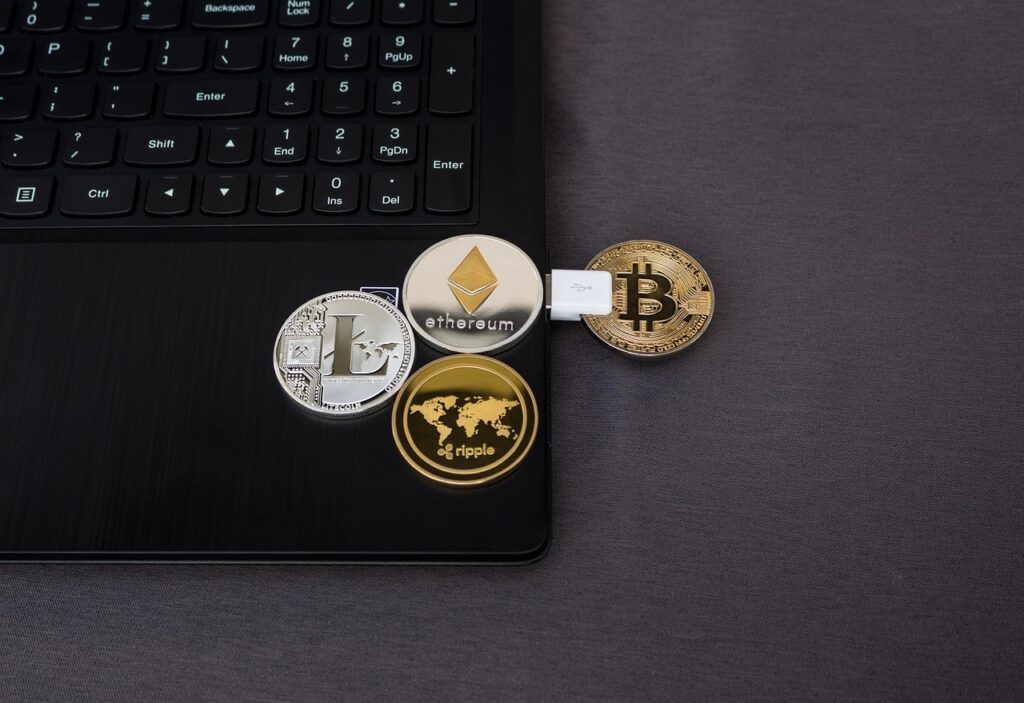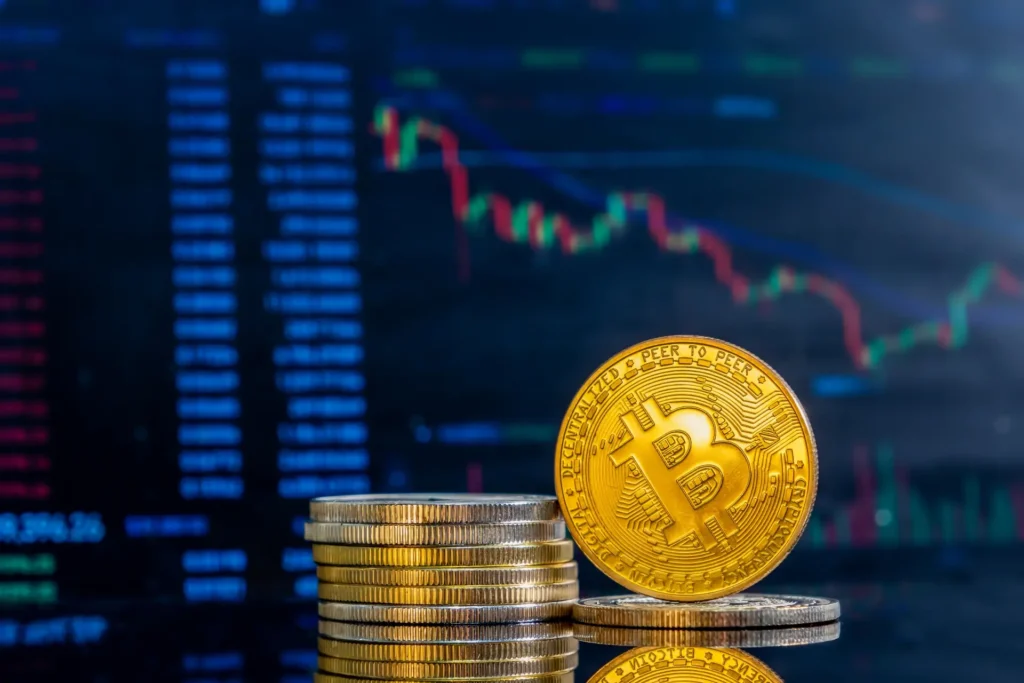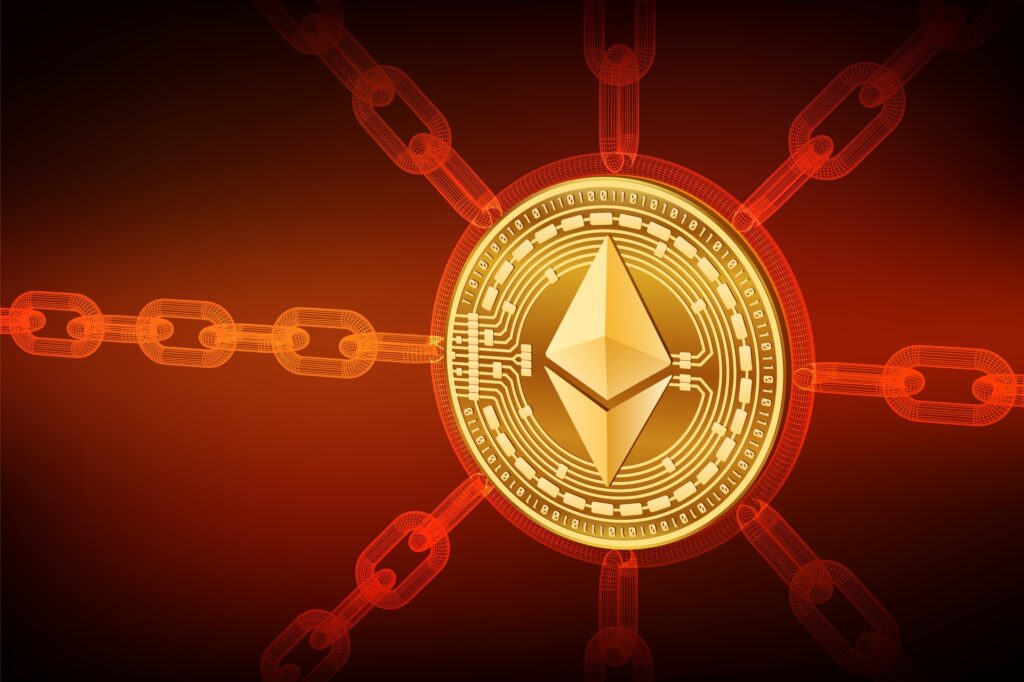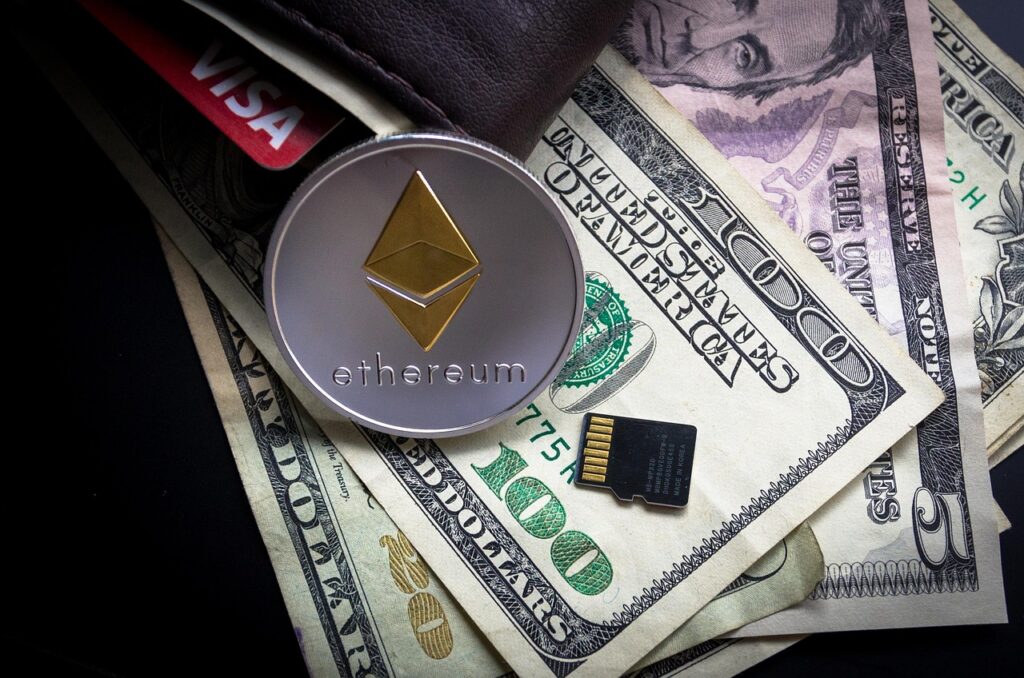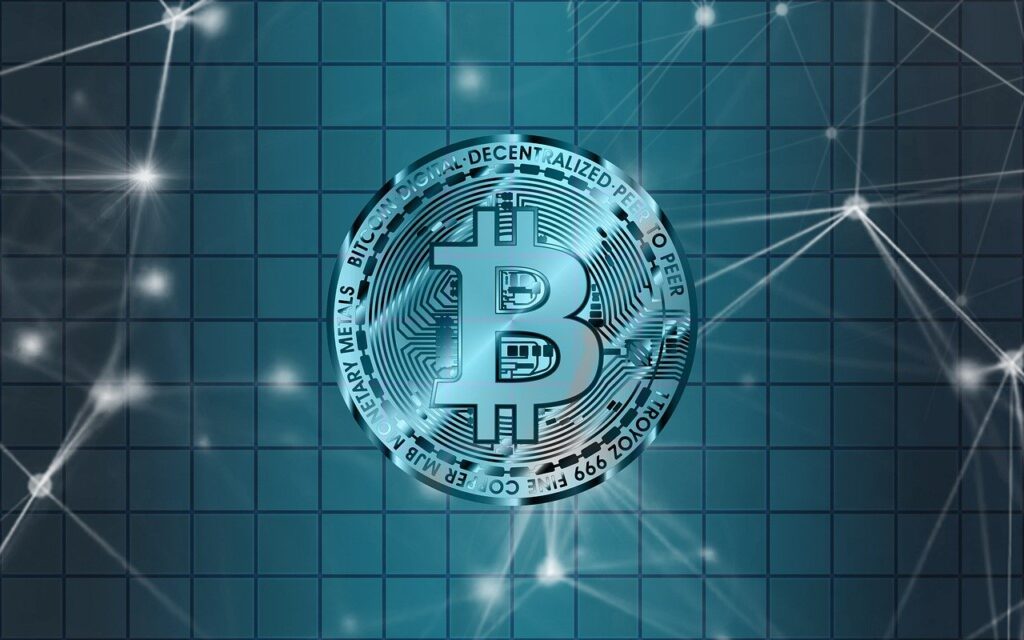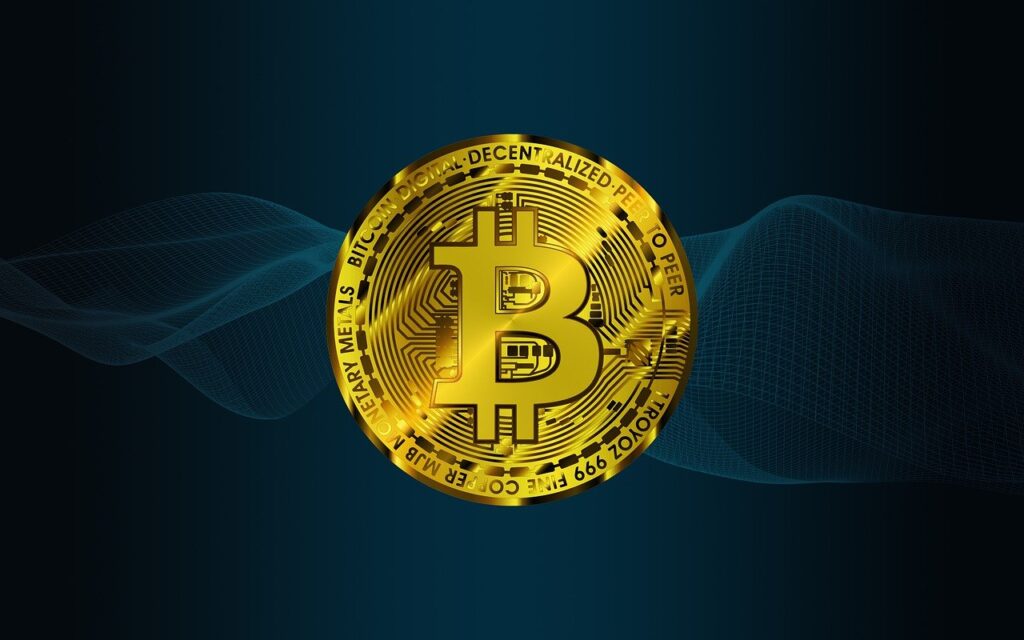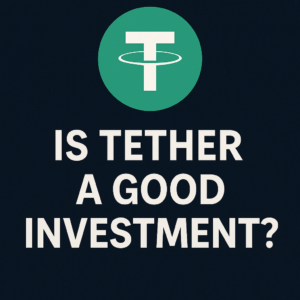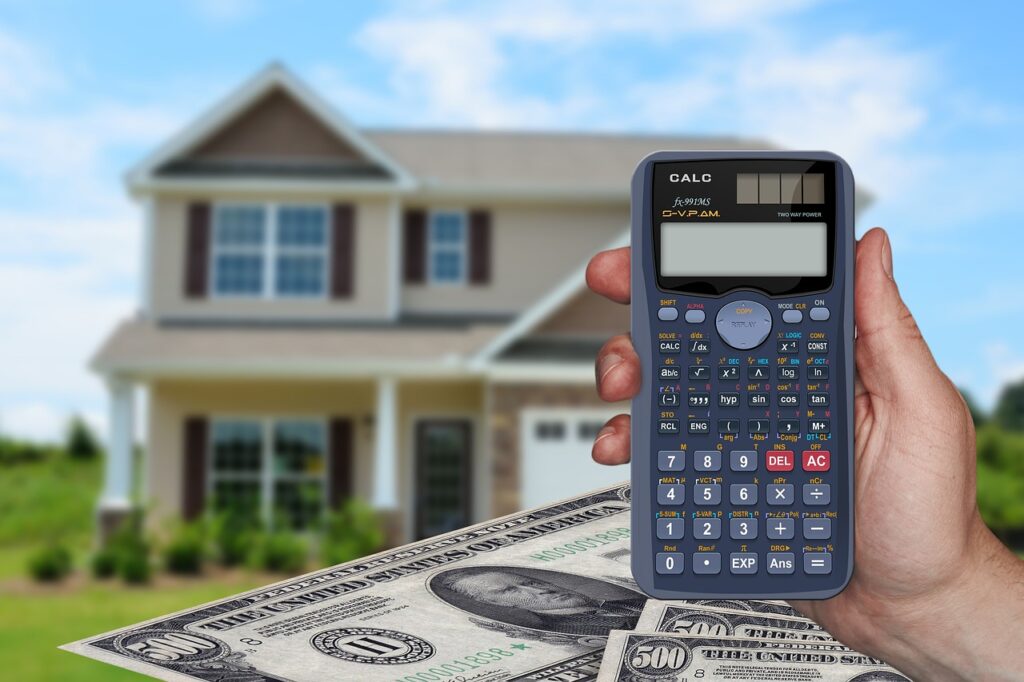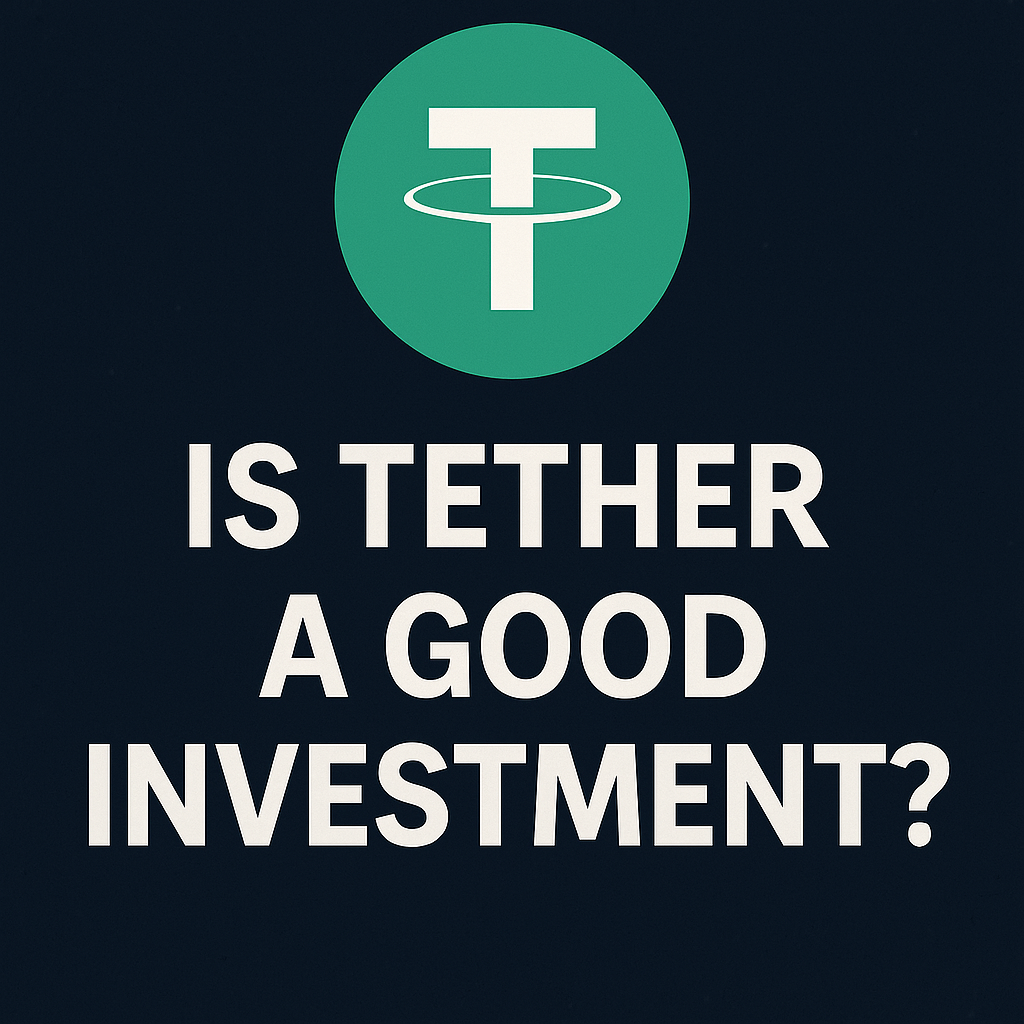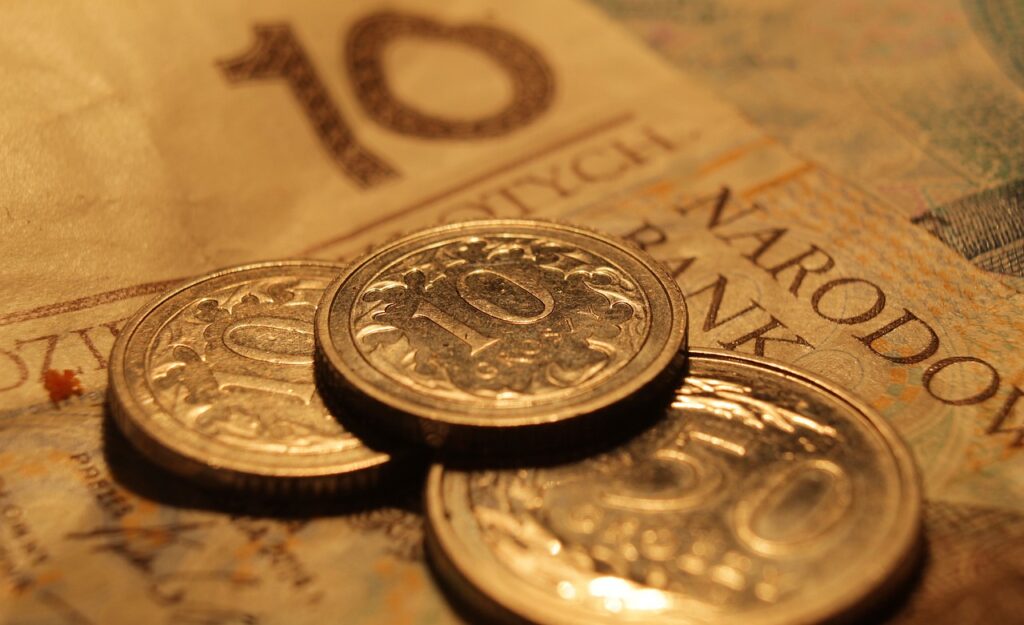If you’re starting to explore blockchain and crypto, you’re probably seeing words such as smart contracts, wallet addresses, and contract addresses. One of the words that is gaining more traction is the Solana contract address, but what does that mean?
In this blog post, we will explain all this in simple terms so that you can know what a Solana contract address is, why it matters, and how to interact with it, even if you’ re new to blockchain and cryptocurrency altogether.
Table of Contents
- 1 Blockchain Contracts: Meaning and How They Operate
- 2 Some actions that a smart contract can do, among other things include:
- 3 Solana Contract Addresses: Meaning and Functionality Explained
- 4 Why Solana Contract Addresses Matter: Key Reasons and Benefits
- 5 Everything You Need to Know About Generating a Solana Contract Address
- 6 Examples of Common Solana Contract Addresses: A Handy Guide
- 7 Exploring Interactions with Solana Contract Addresses
- 8 Key Differences Between Solana Contract and Wallet Addresses
- 9 Solana Beginner Tips: How to Start Safely and Smartly
- 10 Conclusion
Blockchain Contracts: Meaning and How They Operate
The term blockchain contract refers to what is more commonly referred to as a smart contract. First, let’s quickly review what a smart contract is, and then we’ll move on to the Solana-specific stuff.
A smart contract is a digital contract that is run on a blockchain, and it consists of computer code to perform actions automatically when the conditions within the contract are met. You can think of a smart contract like a vending machine; you insert money, push a button, and it gives you your snack. Smart contracts function similarly on the blockchain.
Some actions that a smart contract can do, among other things include:
- Send cryptocurrency automatically when conditions are met
- Run decentralized apps (dApps)
- Enable trading on decentralized exchanges (DEXs)
- Administer NFT collections or auctions
Each of these smart contracts is deployed to a blockchain and is assigned a unique location known as a contract address.
Solana Contract Addresses: Meaning and Functionality Explained
A Solana contract address is the identifying location of a smart contract (or program on Solana) on the Solana blockchain. Like a home address, it identifies where a program is; however, it is not identifying a person.
Solana contract addresses are different than Ethereum because they use base58-encoded public keys which are longer strings of numbers and letters, such as:
Makefile
CopyEdit
Example: 4Nd1mW2uMbXZkLjsfVY2BDNAdLh5BNQZaaEAWi7YVU9U
This string is the Solana contract address of a deployed smart contract (or program on-chain). Every time someone is doing something in that contract, for example minting an NFT or swapping tokens, they would use that address.
Why Solana Contract Addresses Matter: Key Reasons and Benefits
You now know what Solana contract addresses are, but why should you care?
Here is why:
- Access to dApps: All dApps on Solana are programs running their smart contracts behind them. The Solana contract address instructs your wallet or app about which program to communicate with.
- Verification: If you send SOL (native token of Solana) to or interact with a certain contract, you want to make sure you are doing it at the correct address. Scammers create fake contract addresses to deceive users.
- Transparency: Since Solana is a public blockchain, one can always look for any contract address on a Solana explorer to track what it is doing- numbers of users, transactions occurred, and more.
Everything You Need to Know About Generating a Solana Contract Address
Whenever a developer creates a Solana smart contract, they deploy it onto the blockchain. Deployment tools include Solana CLI, Rust, and other frameworks like Anchor.
During deployment, the following occurs:
- The code gets compiled.
- It gets sent to the blockchain.
- Solana returns a unique program ID, which is the Solana contract address.
This address never changes unless the program undergoes an upgrade. Hence, this is the address through which dApps and users will ultimately find the smart contract.
Examples of Common Solana Contract Addresses: A Handy Guide
To be more specific, below are some well-known programs and their contract addresses on Solana:
- Serum DEX: 9xQeWvG816bUx9EPVb6ZzD5nQzbVJztz7mP9g4Zznp45
- Magic Eden (NFT Marketplace): Magic Eden’s smart contract can be utilized in lists or minting NFTs.
Each Solana dApp you use in the background calls one of these Solana contract addresses.
Ways to Find Solana Contract Addresses for Your Projects
If you are looking to interact or just verify a smart contract on Solana, then it is a requirement to learn where to find an address.
The methods are as follows:
- Solana explorer: Go to explorer.solana.com and look for the contract either by its name or wallet ID. Program IDs would be available.
- Official DApp Sources: Genuine projects will always provide their Solana contract address on their official site or documentation.
- GitHub: In case the project is open source, they tend to include the program ID as part of the codebase sometimes.
- Community Forums: Reddit, Discord, and developer forums are great places to check whether an address is real or not.
Remember: Always triple-verifying Solana contract addresses so that you won’t get scammed.
Exploring Interactions with Solana Contract Addresses
Yes! Now that you have learned what a Solana contract address is, you might want to know how to interact with it.
There are some ways in which you can interface:
- With Wallet: When you do something like minting your NFT, staking SOL, or using some dApps, your Solana wallet such as Phantom or Solflare dwells in contract address interactions.
- Command Line: Developers can also use the Solana CLI to interact with the program in a more direct way.
- Front End Interface: Mostly, dApps come with user-friendly front ends that completely hide the complexity in the background while calling the Solana contract address.
Key Differences Between Solana Contract and Wallet Addresses
It is important to understand the difference of a Solana contract address from that of the wallet addresses.
- A wallet address holds and sends/receives SOL or tokens. It is controlled by a person or a dApp.
- A contract address is where a smart contract or on-chain program lives. You don’t “own” it in the same way, but you do interact with it.
Think of a wallet address as your email address and a contract address as the server that sends and receives those emails.
Solana Beginner Tips: How to Start Safely and Smartly
If you’re new to Solana and smart contracts, here are some tips:
- Start Small: Don’t send huge sums of SOL till you’re sure about the Solana contract address.
- Use Trusted DApps: Follow projects that have proven themselves — with thousands of people using them and giving good reviews.
- Bookmark Solana Explorer: It remains the best way to find addresses, transactions, and tokens.
- Be Cautious: Just like e-mail phishing, some scammers go about creating fake websites and contract addresses. Always double-check what you click on.
Conclusion
What exactly is a Solana contract address?
In brief:
- It is a unique identification (public key) of a smart contract (program) on Solana blockchain.
- It interacts with decentralised programs and applications.
- It is a key concept when accessing dApps, verifying transactions, and confirming that you are dealing with approved programmes.
Getting to know what a Solana contract address means and how it works is one of the first steps that lead toward being fully blockchain-literate. If you’re minting some NFTs, swapping tokens, or creating your dApp, get familiar with how these addresses operate. This will make sure that you will be walking with utter confidence in the whole Solana ecosystem.


